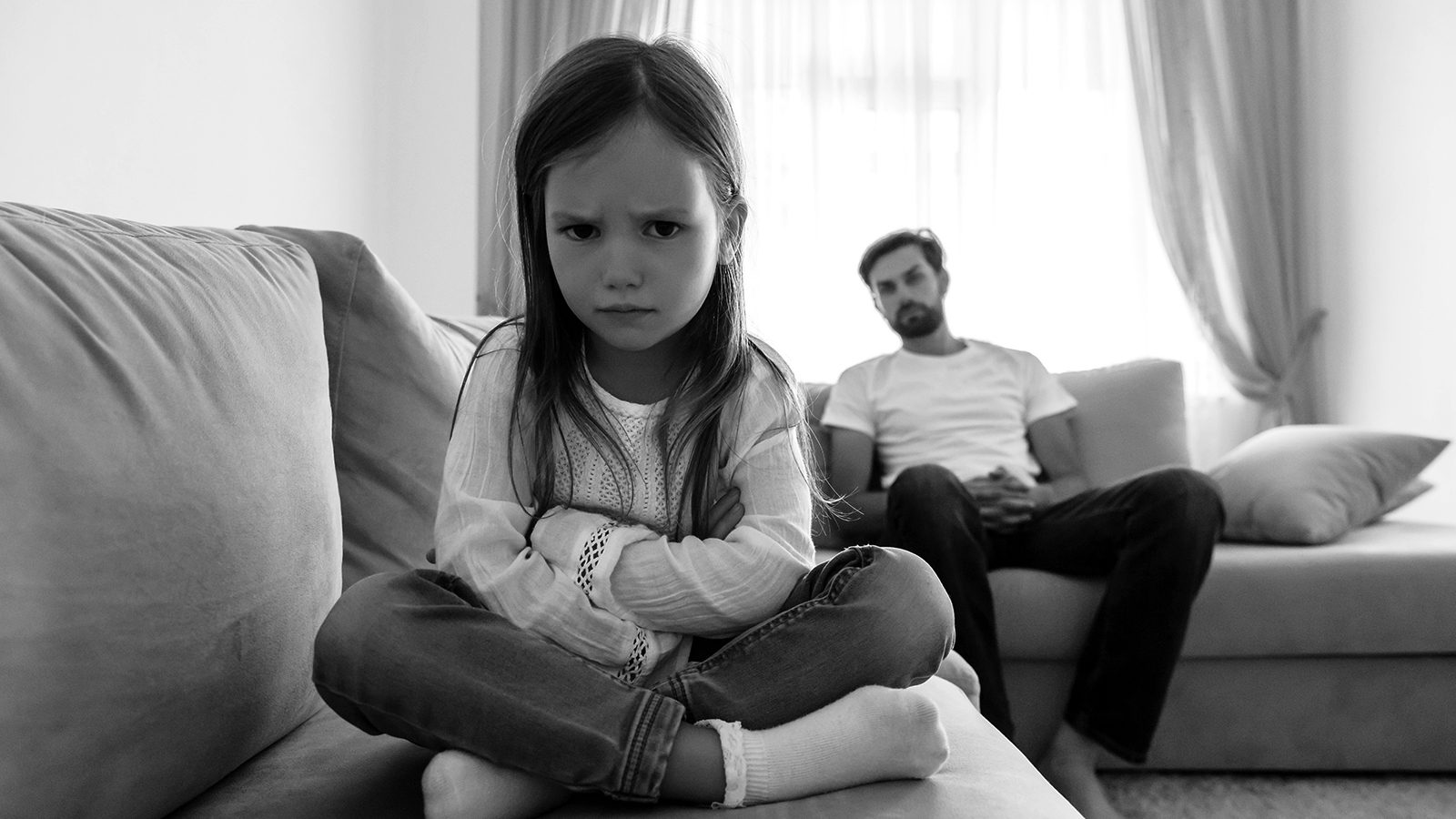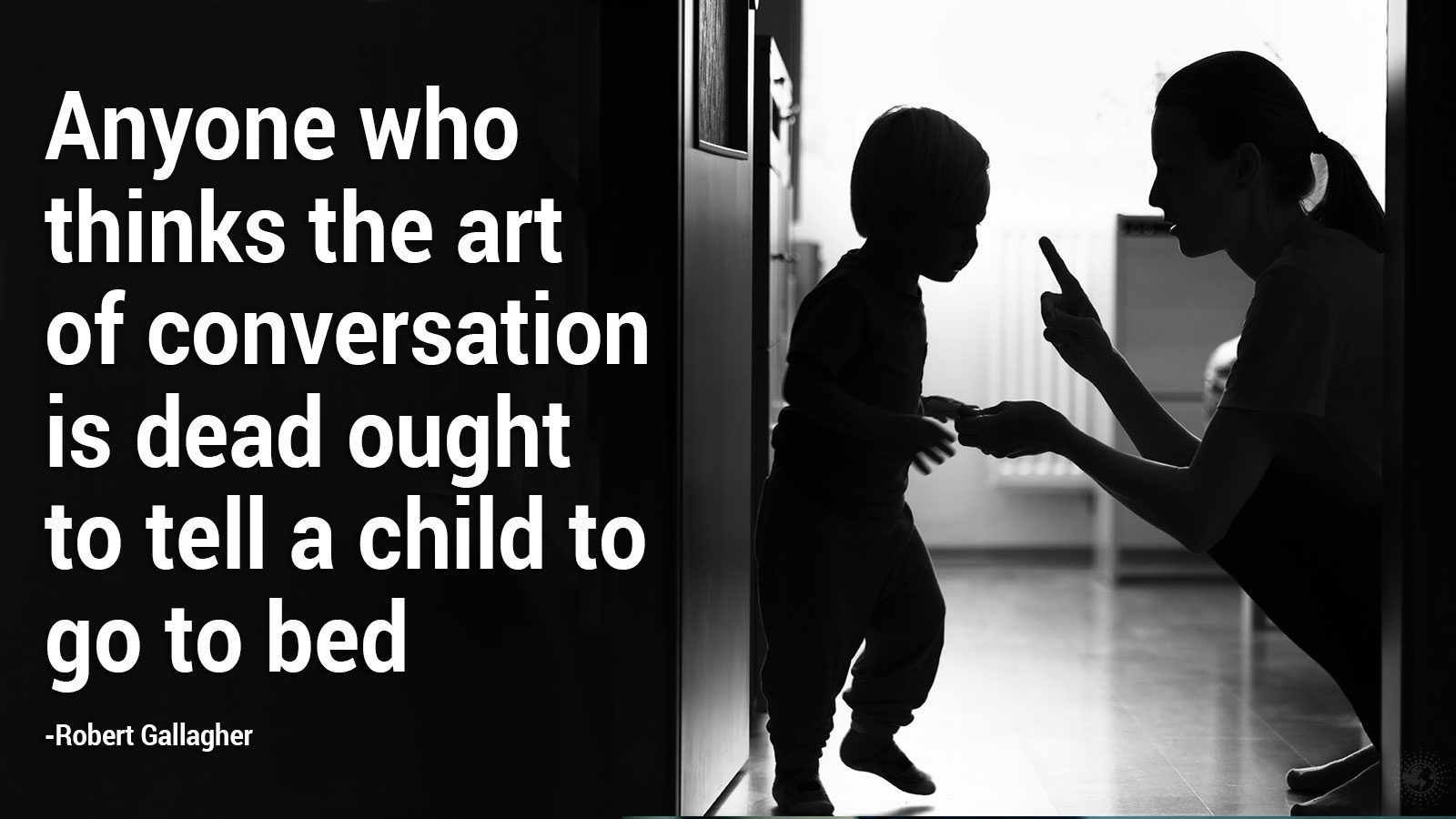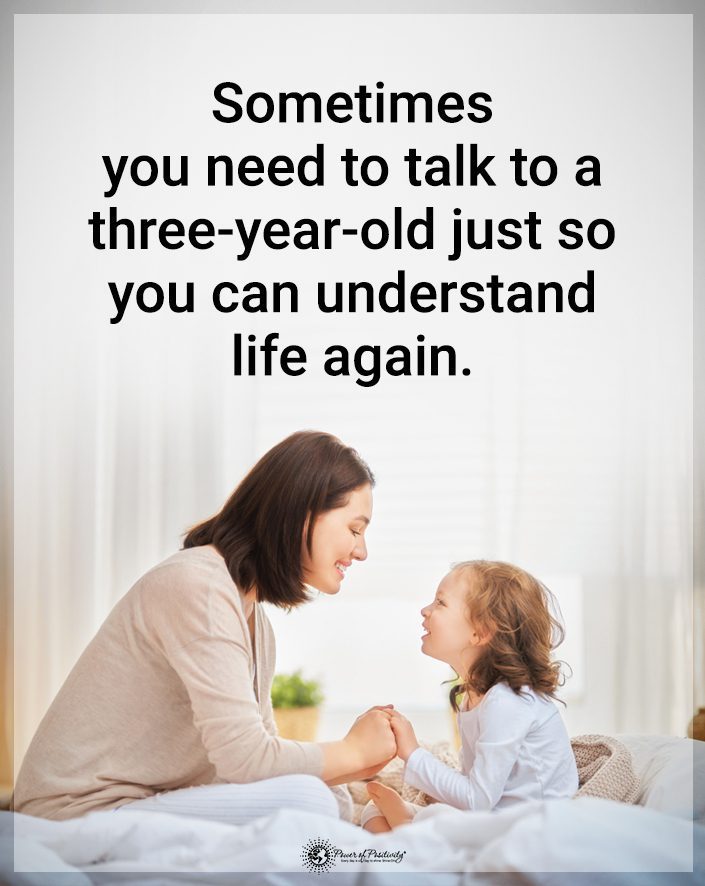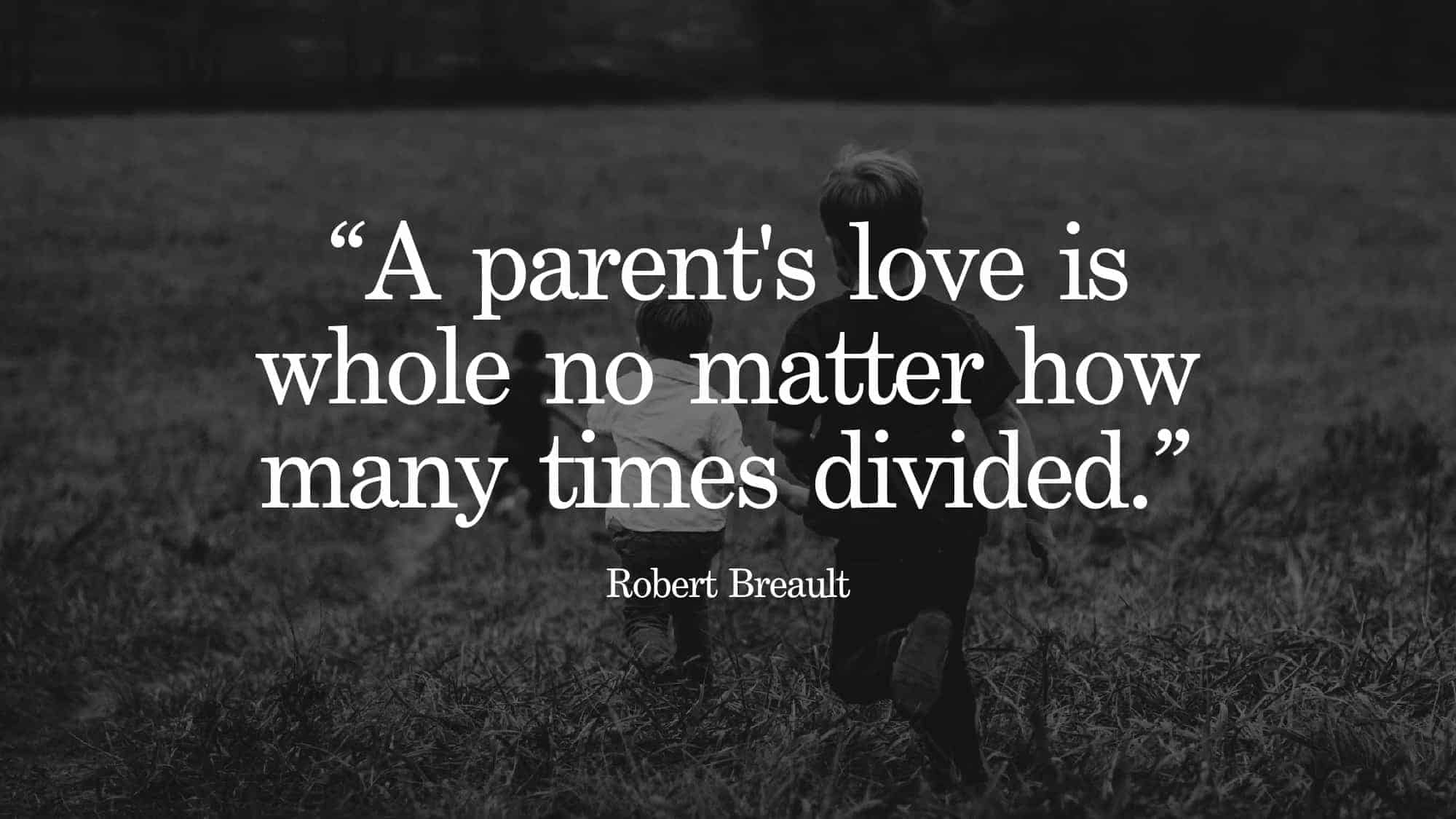If you’ve raised children or are in the process, you know it’s no walk in the park. Some days you’re their hero, and there are other days when you’re a zero. The fact is that parents have a hard road to walk, as parenting is one of the most challenging jobs around.
Maybe you’re at the end of your rope with your child and don’t know where to turn. You can rest assured that you’re not the only parent who’s ever contemplated getting in your car and making a run for it. Parenting means you must make tough choices, and your kids are typically not jolly recipients.
You might be rich if you got a nickel for every time you and your child had a parenting conflict. The key is to pick your battles, strive to be the best parents, and know that you will all make mistakes along the way. You hope the result is a happy and well-rounded child who resents your mistakes when when they grow into adulthood.
Remember, there’s no perfect childhood, but you can do your part to make it the best you can. Disagreements are inevitable, but what you do in these times counts. When you step into this vital role, conflict resolution skills are imperative.
6 Common Conflicts Between Parents and Children
You’ve often heard that children should come with an instruction manual, but no book can help you a hundred percent. Admit it; sometimes, you must wing it. There will be disputes, as they’re unavoidable, But when you identify the common parenting conflicts, you can learn how to prevent issues before they erupt.
1. Lack of Empathy on the Part of the Parents
One of the hardest things for parents to understand is that their child fights genuine issues daily at school. Most folks see it as they work forty or more hours a week, so going to school is easy. The truth is that school is a very stressful environment for your child.
Not only is your kid struggling to make friends and fit in, but they might encounter bullies and overwhelming peer pressure. Another primary concern is they’re there to get an education and make good marks. They want to please you, their teacher, and their friends, and it’s all a bit much to take on.
It’s commonplace that parents shut down their children or tell them they’re whining when they are tired and want to sleep after school. You must look at things through their eyes and step into their shoes for a minute. Yes, you work hard every day and have a lot of pressure on your shoulders, but you should never downplay the tensions and struggles your children face.
Your child’s problems are just as real to them as your issues are to you. Staggering numbers were released from the Centers for Disease Control and Prevention. Their studies found that 9.4 percent of children from ages three to seventeen struggle with depression and anxiety.
The next time your child is irritable and whining, remember that one out of every ten children will fight mental illness. It’s undoubtedly eye-opening and can help you keep things in perspective.
2. Parents Refuse To Let The Kids Grow Up
There are different parents, and some are stricter than others. The key to raising a well-rounded child is to allow them to grow and mature without you hovering over them like a helicopter parent. Sure, the world is scary, and you want to protect your kids, but you must learn to cut the safety net free a little at a time.
One of the biggest arguments a parent faces with their child is that they don’t want to let them grow up. Though you want to keep them little, if possible, you must let them grow and mature. Things like wearing makeup, going to a friend’s house for a sleepover, and wearing more mature clothes are usually hotspots for arguments in parenting.
There’s nothing wrong with these things if they’re done decently and safely. Teach them how to dress appropriately, and you should allow them to have more freedom as they grow.
3. Parenting and Favoritism
Do you show favoritism to one child over another? While most parents say they don’t have a favorite, your actions might speak louder than your words. Remember that you’re likely closest to the child who needs you the most now as they go through ebbs and flows in life.
Make sure you divide your time, money, and everything in-between equally with your kids. Sure, some kids make it more challenging to have a relationship with them based on their attitude or personality, but you must make sure everything is always equal. Kids notice the slightest differences and will use these things against you.
4. Parenting Takes a Lot of Time
One of the most significant issues parents face today is a lack of time. There are 168 hours in the week. You work forty or more, sleep roughly fifty or so, and have many other duties. It leaves little time for you to spend with your children.
Your kids need you. Sure, they need you to go to work and provide a living for them, but they want to spend time with you. You don’t have to take them to an amusement park or a fun center to spend quality time together; they just want your attention.
Playing a board game in the evening is exciting for some children. Others want to tell you about their day, color a picture together, or bake some brownies. The more time you invest in your relationship, the fewer struggles and parenting conflicts you’ll experience.
A study published by the National Library of Medicine found that mothers spend more time with their kids than fathers. Additionally, after interviewing over a thousand kids, most see or spend about an hour a day with their parents. One hour is barely enough to learn about their day, eat dinner, and get baths for the night; it’s just not enough.
It’s time to put down your cell phone, turn off the work laptop, and be present with your child. You’ll blink, and they will be grown, and you will have many regrets about the time you didn’t spend with them.
5. Being Unfair with Discipline
Parenting means you must keep law and order in your home. When a conflict occurs, you must handle the issue and see if punishment is warranted. You can ensure your child won’t like the discipline you hand down, but it’s a teaching process where correction is essential.
Some parents want to throw the book at their children when they do something wrong, and it’s commonplace for some to overreact. It would help if you made sure the punishment fits the crime. If you catch your child in a lie, you might want to ground them from video games for a day or two.
However, grounding for a month over a small lie would be unrealistic. Some people have a real issue with bringing past transgressions into the punishment, which is also unfair. Try to calm down before you hand out your sentence. Make sure you’re only judging in this instance and not using your anger to get back at them for everything they’ve done wrong in life.
6. Kids Not Doing Their Chores or Household Responsibilities
If you have a teenager, you likely know that their room might resemble a city dump. There are likely water bottles and snack cake wrappers as far as the eye can see. There are piles of laundry that you know you’ve washed, and they’ve never worn lying on the floor. While this aggravates, you must understand that this is typical behavior for a child.
You must teach them the proper way to keep their room, and you should shut the door and pray for the best. There are some things that you can’t let overwhelm you. Children will buck the system and fight you on keeping their room clean, doing chores, and completing homework.
As parents, you should know these are typical arguments and conflicts within a home. Being prepared with help you to keep eruptions from happening. Chore charts work great for children up till their teenage years. They can see what’s required of them, know the consequences if they don’t do it upfront, and it can prevent some altercations.
Final Thoughts on Conflict Between Parents and Children
Your motto as a parent should be “I always want you to go as far as your wings will carry you.” Letting go is one of the most significant issues you face in child-rearing, and it’s the cause of much conflict. Does any of the six issues above resonate with you? Perhaps you can add a few more to the list.
Being a good parent means listening and communicating with your child. You won’t always do things just right, but they will love and respect you for trying. Mom and Dad, give yourself a brake. You’re trying and doing a great job, and one day they will thank you for your wisdom and guidance.

















 Community
Community

